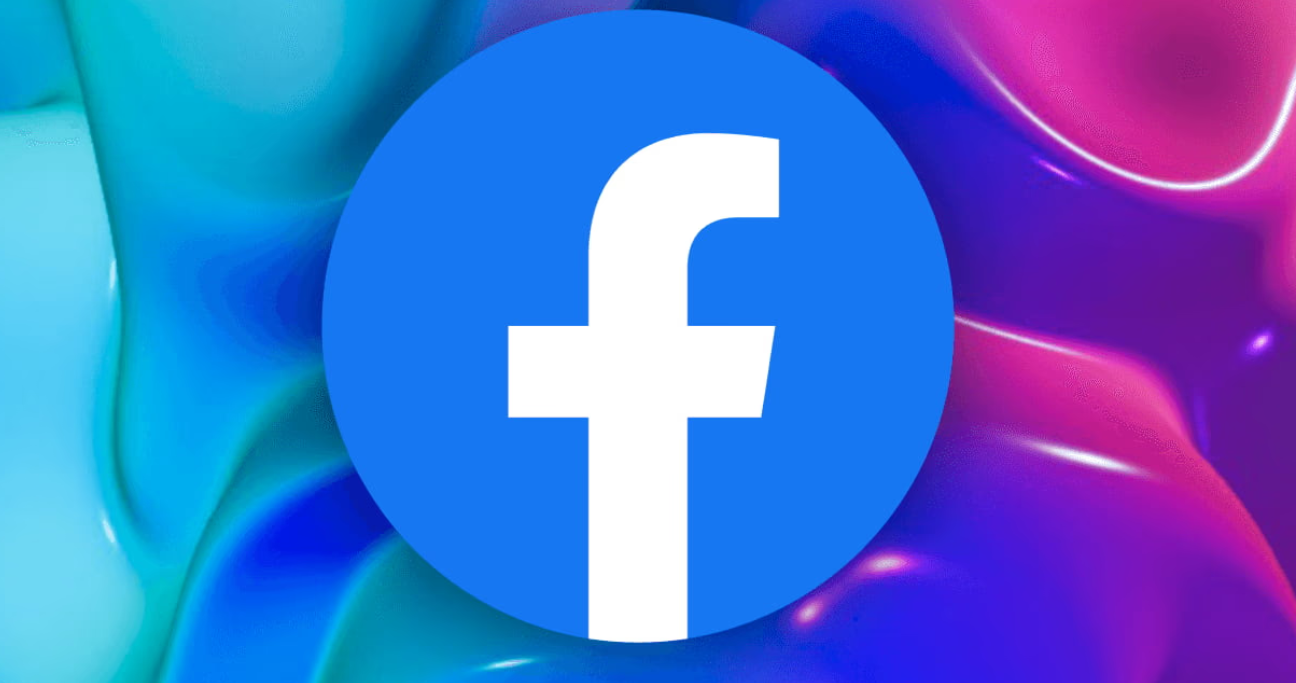Facebook is a dynamic social channel with a diverse audience, variety of content types and publishing features that allows marketers and brands to tailor the experience for their target audiences. While Facebook Events are not a new feature, they remain one of the best ways for generating leads, building customer loyalty and staying engaged with your audience.
As of March 2025, Facebook had more than 3 billion active monthly users. It is also the largest social media platform, with a constant evolution of user demographics, usage trends, tools and algorithms. It boasts over 2.11 billion daily active users. These stats alone highlight Facebook as an ideal platform for promoting events to huge audiences globally.
Events wield transformative power for brands and businesses, helping them to create unforgettable experiences and driving growth. While many platforms offer options for event promotion, Facebook Events ranks among the go-to channels. The platform provides a dedicated space for event creation, event marketing and audience engagement.
The following article offers definitive tips and insights on how your brand or business can make the most out of Facebook Events.
What Are Facebook Events?
Facebook Events are a platform inside of Facebook where users can create, market and manage all kinds of events. They offer a dedicated space for sharing event details, sending invitations to guests and managing RSVPs privately or publicly. Events can be an effective strategy for brands and online businesses to boost sales, promote celebrations and drive engagements with their customers.
Here are the offerings of Facebook Events;
Dedicated event pages: You can create specific pages for every event, allowing users to find and learn about the event, RSVP and interact with other attendees. The platform supports various types of events including concerts, festivals, product launches, exhibitions, workshops, networking gatherings and grand openings.
Event Promotion: Use Facebook’s massive user base to market events to diverse audiences worldwide.
Integration with Ticketing Platforms: Facebook Events also allow you to integrate your pages with ticketing platforms such as Eventbrite to promote the sales of tickets and other activities related to your event.
Virtual Events: You can also create online events with Facebook Live or Messenger Rooms.
Guest Management: Facebook Events offers features for tracking RSVPs, sending invitations and managing guest lists.
In-Person Events: With Facebook Events, you can also host events at physical locations and connect with your online community.
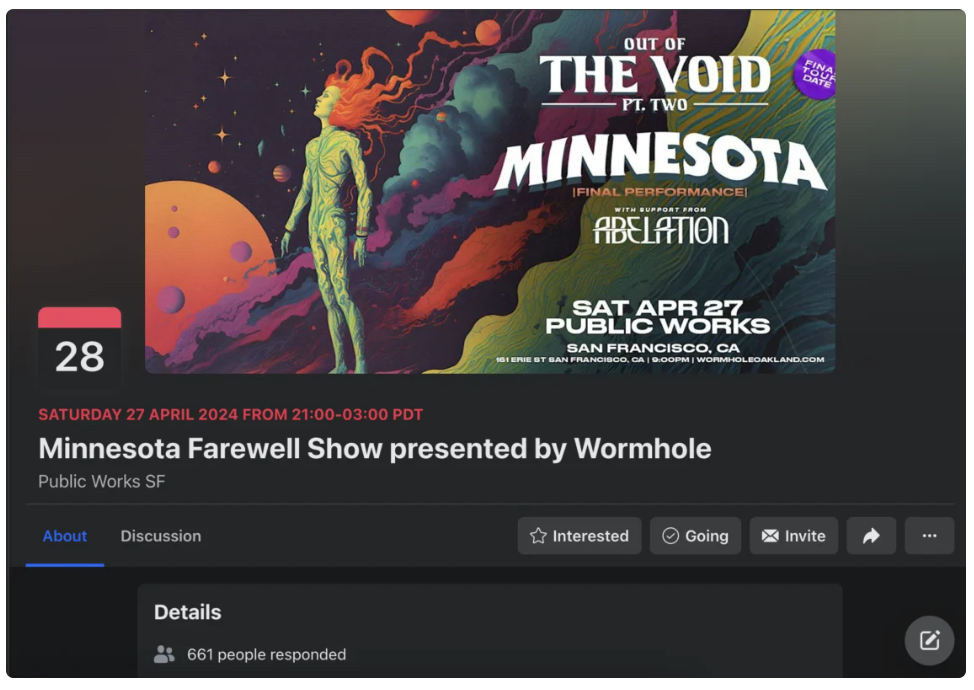
Why Use Facebook Events?
There are many reasons why you should consider using Facebook to promote your events. Here are the perks of using Facebook Events.
Higher engagement
Facebook is the world’s largest social media platform, accounting for nearly 56.7% of active internet users globally. As such, Facebook Events offer more opportunities for diverse audiences to interact with your brand, both in person and virtually.
Here’s a quick guide on how to drive Facebook engagement.
Better attendance
The platform allows you to track RSVPs and manage guest lists to boost the attendance for your event.
Lead generation
Facebook Events can also help you to capture vital leads and build customer loyalty through engaging with your audience.
Community building
Creating, promoting and managing events via Facebook also allows you to connect with your community and create a sense of belonging to your followers and fans.
Effective Ways to Create Successful Facebook Events
Facebook Events are an incredible platform to attract and retain users’ attention. Thanks to the channel’s calendar integration, you can link the created events to your smartphone. That means you can keep your audience informed without a lot of work.
Regardless of the type of virtual or offline event that you plan to host, the following tips can help you to create a successful Facebook event.
Create a Unique Name for Your Event
Facebook Events allow you to come up with a unique name for your event. And, that is usually the first step. The name should clearly reflect your brand and the specific message that you wish to communicate to your target audience or expected guests. Settle on something short, attention grabbing and fun. The ideal name for your event should also be something memorable since you do want your fans and guests to quickly forget about the experience.
A good example is Starbucks Frappy Hour and Frappy Fridays
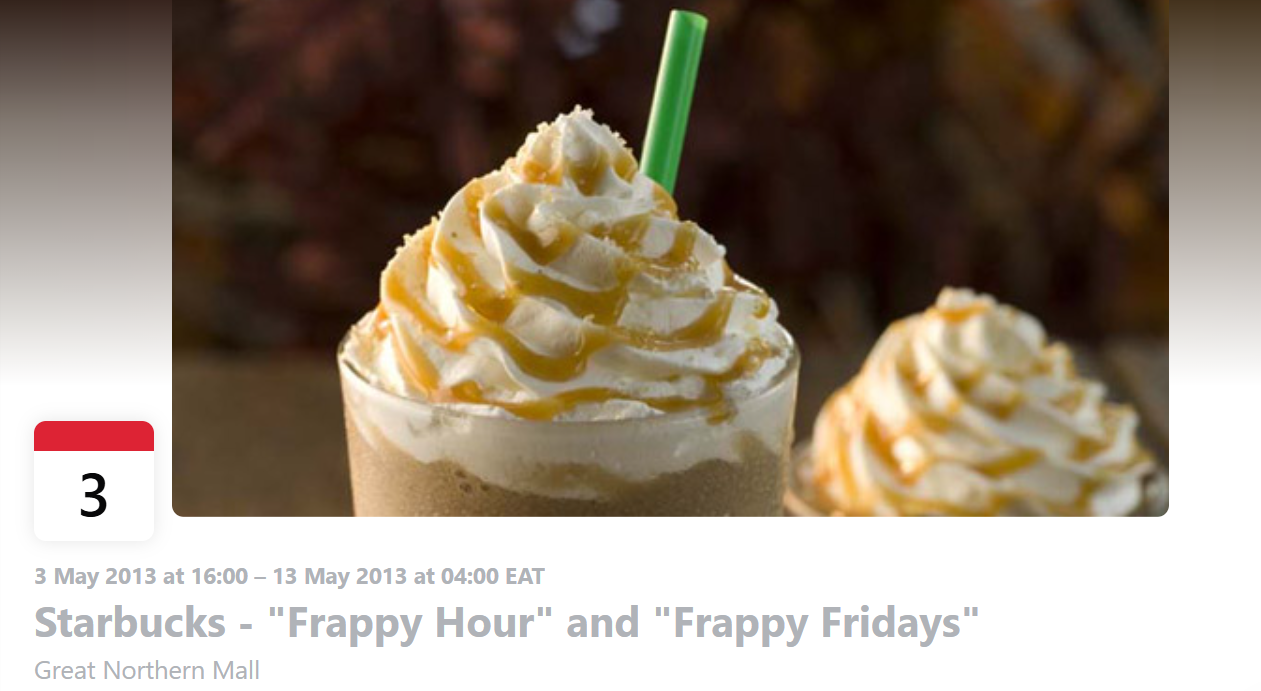
Creating a unique, fun and catchy name for your event helps it to stand out and makes it easier for people to remember and discuss with their friends.
Write a Clear Description
The description of your event is where you will provide important details for the occasion such as schedule, special guests and even ticketing. This section is not just for dry writing but, an opportunity to give compelling insights that highlight your event’s unique appeal. It should be thorough and answer most of the questions that your audience may be asking about the event.
The description is where you clarify the entire process of registration, including the kinds of confirmation and calendar invited guests can expect, and the content that will be available on-demand post event. Take inspiration from the following description of a virtual Chicago tour.

Use the Venue Locations Recognized by Facebook
Facebook Events allow you to put an exact location for where your event will take place. You can enter an address or the name of a venue on Facebook. As soon as you begin typing the name of the venue, Facebook will automatically complete it with suggestions. The page will instantly pop up whenever people hover over the location’s name.
Using the official listing for a venue on Facebook helps to build credibility and recognition. It also links your event to a venue page that has its own content including useful information like directions and visiting hours. You can even reach out to the venue to find out if there are opportunities for them to promote your event since you are highlighting their business.
Use a Visually Appealing Event Photo
Facebook Events photos should compel people to want to find out more and perhaps, even buy tickets or make reservations to attend. That means you need eye-catching and relevant photos that resonate with the kind of experience that you wish to deliver to your guests. For company event, you could opt for your logo, brand colors and even integrating some text that helps with highlighting the purpose of the event. Nonetheless, the information used in your graphics should reflect what is included in the description.
Choosing the right photo size is one of the common issues brands run into when creating Facebook Events. You need an image that will look great when resized since the event photo can be displayed in many places including News Feed and upcoming events section. Facebook frequently updates recommended image sizes to keep up with refreshes on mobile and desktop devices.
Leverage Facebook Ads
It is not an easy feat to get people to find out about your Facebook Events. However, it is relatively easy to gain visibility with your inner circle of fans and followers. You will be hoping for those people to share information about your event with their networks to drive organic reach through the Facebook algorithm.
However, you do not have to keep playing the waiting game. Instead, take a proactive step by running Facebook Ads to market your event. Remember, you can also boost your events just like posts. Boosting an event allows you to promote it to people who may want to attend but are not aware of your brand. The extra reach can enable you to get more attendees and build your Facebook following.
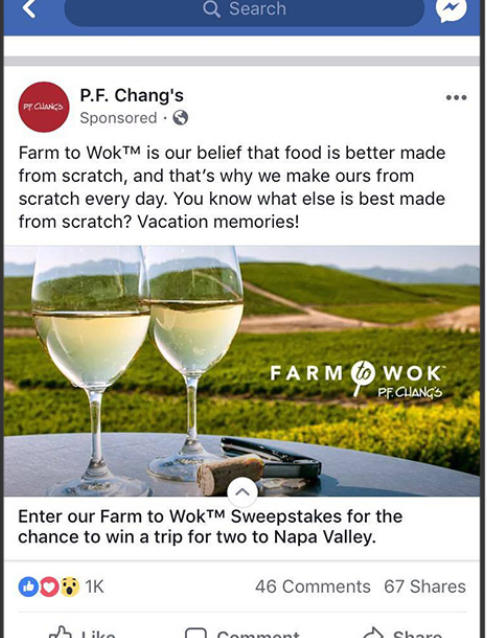
The above example of a Facebook Ad does not promote an upcoming event but, uses an old-school staple, sweepstakes to drive engagement rates and attract entrants. Its simple imagery contrasts with the big ticket prize , making it feel more like a hidden gem that you should not miss out on.
Check out this guide for quick tips on how to get more Facebook followers.
Promote Your Events Outside of Facebook
Facebook Events do not limit you on where you can promote your gig. Besides, you need to spread the message across multiple social platforms to attract more attendees. Use all your social media channels, website and even offline means to spread the word about your event. Your Facebook Events page should serve as an information hub where people can learn more and get specific details about the event.
It is advisable to use social media management tools when promoting your event on social channels to track where the traffic is coming from. The following ideas can help you promote your event on other platforms besides Facebook.
- Schedule tweets to be published leading up to the event and linking them to your Facebook Events page.
- Add links to your Facebook Events page in your Instagram profile and post content to promote it.
- Create a Snapchat Story to promote the event
- Promote the event on TikTok to attract more traction and boost engagement.
- Record a promo video and publish it on YouTube and other video-sharing platforms.
Team Up with Co-Hosts
Facebook Events allow you to add co-hosts to your event. The co-hosts can edit the event and add it to their calendar for promotion. They can be your Facebook friends or other pages that you manage as an admin. Co-hosting events with brands that already have an established presence on Facebook is a great strategy to attract a huge following. Take time to find influencers and start planning an event that you can collaborate on. Then, add the influencers as co-hosts when creating your Facebook event.
Manage Permissions for Posting on Your Event
When creating public Facebook Events, you have the option of choosing who can post in the events’ discussions. More people are going to be very excited about your event if it looks hyper active. It can be difficult to start conversations when people are not allowed to post on the event page.
You can also post extra information to the event discussions before and after to help drive interest or leads gained from the event. Making the wall public also allows you to answer questions from fans and followers. The event wall can serve as a FAQ section for other people with questions.
Nonetheless, stay active and try to reply to every post including questions and general comments. You can also invite your co-hosts to answer questions as well for effective community building.
Schedule Events in Advance
Not all brands can have success with spontaneous events like Beyonce. It is always advisable to get your event on Facebook Events page well in advance. That will give you more time for promotion and, also allow your followers time to look at what you have planned and prepare accordingly.
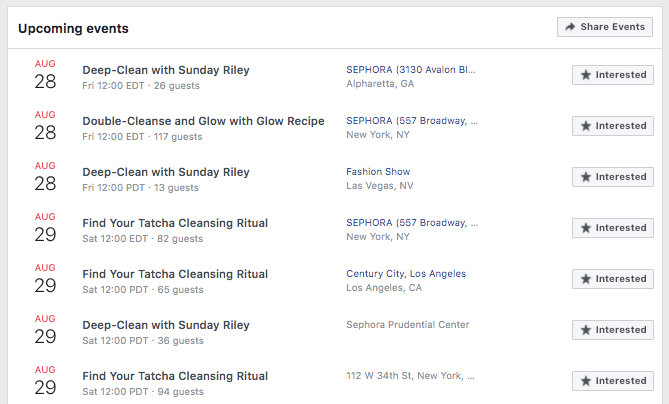
Listing upcoming events ahead of time enables you to build a comprehensive calendar on the Events tab of your Facebook page. That will help you to organize recurring events like, weekly or monthly chats and workshops. It can also highlight events taking place in various franchise locations.
The Bottom Line
Facebook Events is no doubt a great strategy for creating, promoting and managing your event. This article has discussed the best practices and practical tips to help you make the most of Facebook Events. Remember to always create a sense of urgency to get people extremely excited to attend. People will be more likely to accept your invitation or quicker to attend if they feel like they will miss out if they wait. You can portray a sense of urgency by limiting the amount of available tickets, setting a RSVP data or offering early bird specials.

